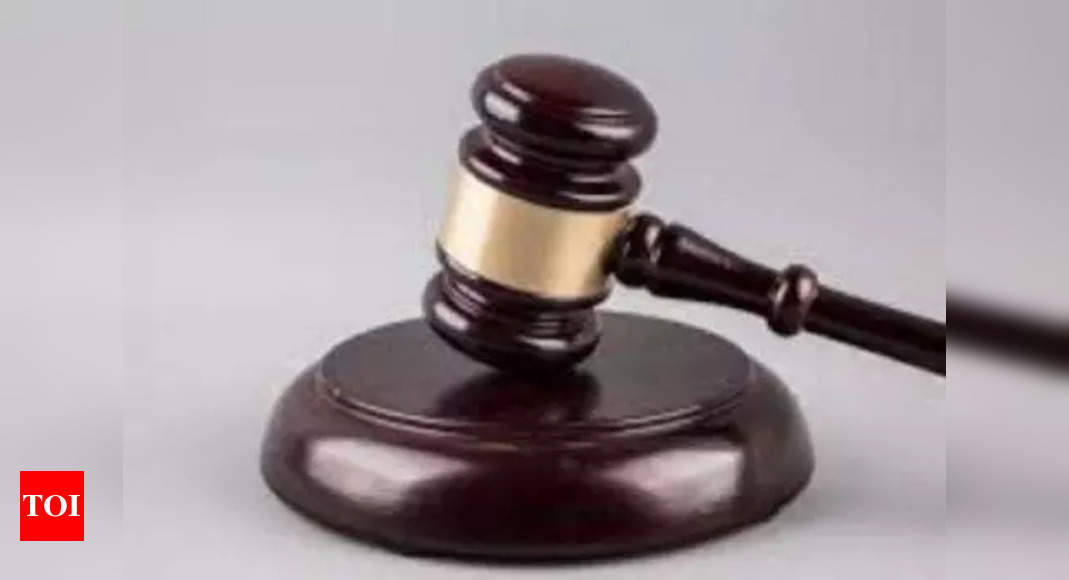Nagpur: The assembly on Friday unanimously passed the bill to bring in the Maharashtra Prisons and Correctional Services Act (MPCSA)-2024 aimed at transforming the state’s prison system. The comprehensive bill introduces reforms such as open prisons for women, segregated facilities for women and transgender individuals, and dedicated spaces for civil prisoners.
Tabled by chief minister Devendra Fadnavis, the bill modelled on the Union’s Model Prisons and Correctional Services Act, 2023, replaces three outdated laws, including the colonial-era Prisons Act-1894, and brings the prison system in line with modern correctional principles. It includes innovative features like a grievance redressal mechanism and quick response teams for emergencies in jails.
Fadnavis highlighted the need to overhaul the prison system, long plagued by overcrowding, outdated infrastructure and inadequate rehabilitation programmes. He emphasised that the existing colonial law remained largely unchanged post-Independence, despite prisons being a state subject. “The reform represents a significant shift from punitive confinement to a focus on rehabilitation and social reintegration, aligning the state’s prison system with contemporary correctional philosophies,” the CM said.
The act introduces several groundbreaking changes that redefine the role of prisons and include measures to improve infrastructure, implement technology, and address the needs of inmates and prison staff. “One of the most significant aspects of the act is the restructuring of prison administration. The post of inspector ceneral (IG), retained since colonial times, will be replaced by a Director General of Prisons and Correctional Rehabilitation, marking a shift in priorities. The prison system will no longer be viewed as part of the police force but as a separate entity focusing on correctional services,” he said.
Fadnavis announced provisions specifically addressing the needs of marginalised groups. “For the first time, distinct chapters for women inmates and transgender inmates have been added, ensuring better facilities, accommodations, and security measures. New jail classifications, including special jails for high-risk offenders, open jails for prisoners nearing release, and youth rehabilitation centres have been introduced,” he said.
Programmes like promoting higher education, and initiatives for skill development and employment will be prioritised. Open prisons and colonies, like the Sangli Open Colony, will allow inmates to live semi-independently while contributing to society. “Under-trial Review Committees, chaired by district judges, will periodically assess cases of inmates who have completed one-third of their sentences or are facing undue delays. This will help decongest jails and ensure the rights of undertrial prisoners. To assist indigent prisoners unable to afford bail bonds, district collectors will lead panels to provide financial support, reducing the number of inmates held for minor offences due to financial constraints.”



